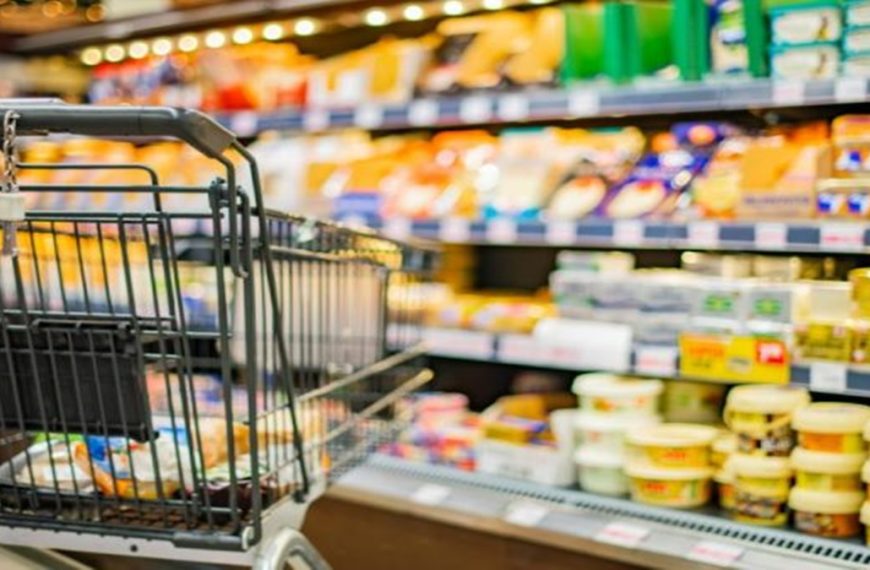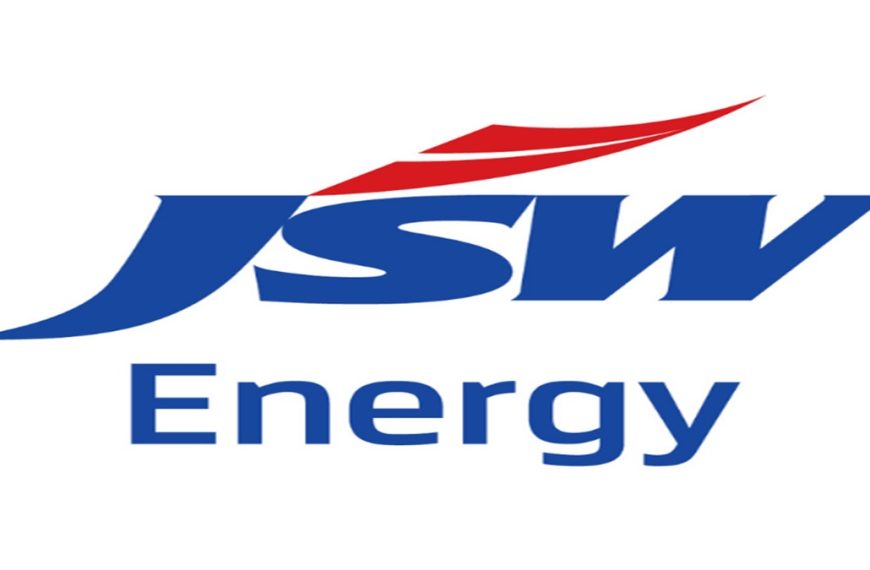The growth of private label products in the quick commerce sector has shown promising trends, especially in high-margin categories like staples and home cleaning goods. These products are not only gaining traction but are also making significant contributions to sales, according to Rishav Jain, managing director at Alvarez & Marsal. He notes that their influence spans from 8% to 40% of category sales, reflecting a notable shift in consumer preferences.
High Margins in Fresh Produce
The grocery and fast-moving consumer goods (FMCG) sectors typically experience margins around 14-15%, but fresh products often yield nearly double that figure, ranging from 25-30%. As highlighted by Satish Meena, an advisor at Datum Intelligence, the high purchasing frequency of fruits and vegetables—accounting for 8-10% of quick commerce sales—presents a lucrative opportunity for retailers. However, scaling up in categories like eggs and poultry remains a challenge, suggesting that success in private labels is indeed category-specific.
Rapid Growth of Private Labels
Private labels are gaining ground in quick commerce, with their market share increasing from 1-2% to an impressive 6-8% over the past two years. However, this distribution remains inconsistent across various product segments. Notably, BigBasket has emerged as a leader, with its private labels—BB Royal, BB Popular, BB Home, and Fresho—accounting for 35% of its total revenue. Similarly, Zepto has expanded its private-label offerings with Daily Good, which includes essential items such as oils and dried fruits.
Why Private Labels Are Thriving
The appeal of private labels lies in their ability to offer higher margins. Jain explains that these products often achieve 7-10% better margins than their branded counterparts due to simplified supply chain processes. Retailers are now focusing on categories where supply chain barriers are minimal. For instance, Swiggy Instamart has seen its Supreme Harvest label penetrate the market effectively, achieving 18% penetration across various staples like pulses and spices.
Challenges in Perishable Goods
While some companies are thriving, others, like Blinkit, have pulled back from private labels despite past success. BigBasket’s Fresho continues to sell fresh produce and meat, while Zepto’s Relish brand, launched in October 2023, is on track to reach Rs 1,000 crore in annual sales by March 2026.
However, categories such as meat and poultry face unique challenges, including shorter shelf lives and complex logistics. This complexity has led some players, like Dunzo and Instamart, to steer clear of private label ventures in these areas. Instead, they use intermediaries for sourcing, avoiding direct farm-to-fork challenges.
Future Opportunities in Beverage Sector
Deepak Gupta, a General Partner at WEH Partners, suggests that investment in cold chain logistics could unlock growth for private labels in under-explored sectors like beverages. These categories, which include aerated drinks and mocktails, present fewer supply chain challenges than meat or fresh produce.
Balancing Growth with Established Brands
Despite the potential for higher margins, quick commerce platforms face the dilemma of balancing in-house brands with established names. Gupta notes that user behavior on these platforms is still largely influenced by intent-driven searches, making it difficult to push private labels beyond a certain threshold. Additionally, platforms may sacrifice advertising revenue by prioritizing their brands, which could lead to more conservative penetration goals.
In conclusion, while private labels are carving out a significant niche in the quick commerce landscape, their growth is complex and varies by product category. Companies must navigate challenges while leveraging opportunities to ensure sustained success in this competitive market.











